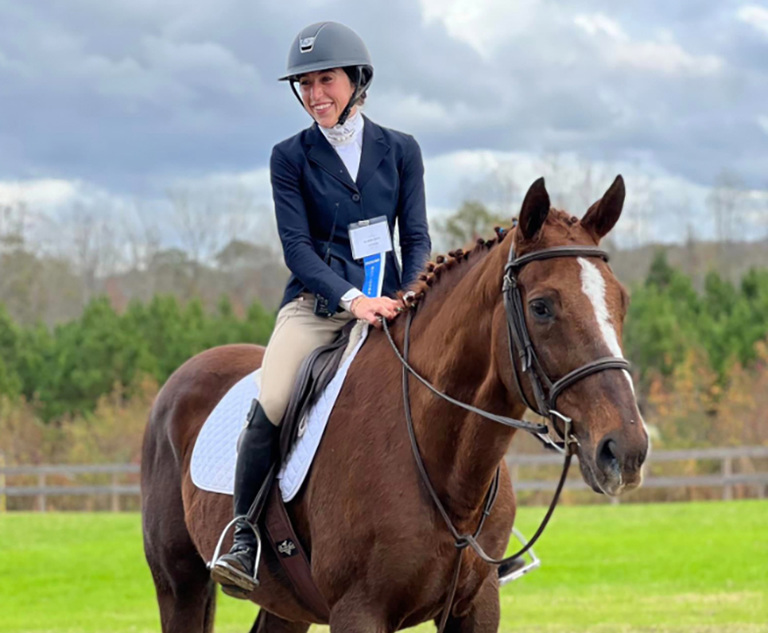The first party property claims community is reeling from a recent Third DCA decision that slayed the Slayton argument routinely cited in defense motions for summary judgment over the last few years. Despite that fact Slayton v. Universal Property And Casualty Insurance was in the Fifth DCA, not binding authority, courts in the tri-county area intermittently and routinely granted defense motions for summary judgment under its authority. Many plaintiffs attorneys argued that defense attorneys continuously contorted Slayton’s holding to reach an impermissible conclusion: that an insurer’s estimate superseded a public adjuster’s estimate and so long as they paid at least their own estimate for damages (minus the deductible), the insurer satisfied its policy obligations.
In Slayton, Universal argued it was entitled to a direct verdict under its policy, because it paid its estimate for repairs, and that any additional costs were considered a supplemental claim under the policy. Certainly, a lack of clarity remained as to what this meant when payment of an insurer’s estimate failed to adequately pay for the original scope of damages resulting from a covered loss. This placed the issue squarely before the Slayton court of what happens when the insured does not repair the damages first.


 Tara Faenza, trial attorney with Insurance Litigation Group, in North Miami Beach.
Tara Faenza, trial attorney with Insurance Litigation Group, in North Miami Beach.




